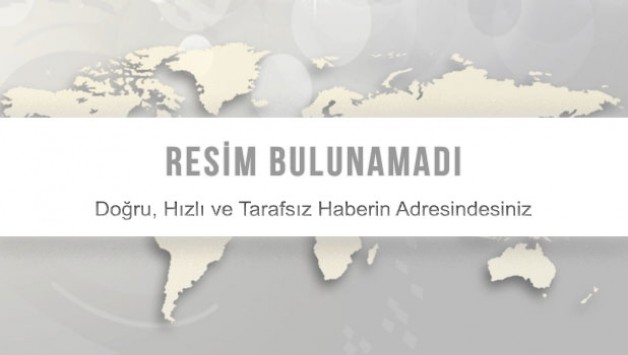Subsidy Programs and Financing For Entrepreneurs

myrrdin-inc.com/2020/03/30/digital-technology-in-the-modern-world
The Dutch government helps entrepreneurs in various ways, ranging from giving money to making it easier. If your idea is in line with the criteria of one of the subsidy programs, you can apply for a grant from the Netherlands Enterprise Agency (RVO).
Subsidies provide government support of certain industries or activities that might not be profitable without such support. They are usually provided to assist struggling sectors, encourage new developments, or to promote a specific policy or social good. They could be profitable economically but they are costly to other groups (for instance, a food subvention helps farmers, while raising prices for consumers) It is also possible that they fail economically, yet achieve the goals of culture and politics.
Government-provided subsidies can take many forms, including grants and tax breaks, rebates as well as direct cash payments to suppliers or customers as well as price controls. They can also be indirect too, such as road tax that is paid by all motorists, not just those who drive, or railway access fees that are not limited to passenger trains.
Supporters of subsidy programs claim that they improve efficiency of the economy by protecting from competition from abroad or by promoting domestic production. They can also aid in overcoming market failures like externalities and information inequalities. The opposition claims that these policies could cause negative effects that range from corruption to inequality and that they impede more efficient and equitable spending by the government. They also can create unjust incentives. For instance, a business that benefits from a government-granted subsidy may be enticed to donate to politicians, thereby contributing to “regulatory capture” and rent seeking.
Benzer Haberler
























